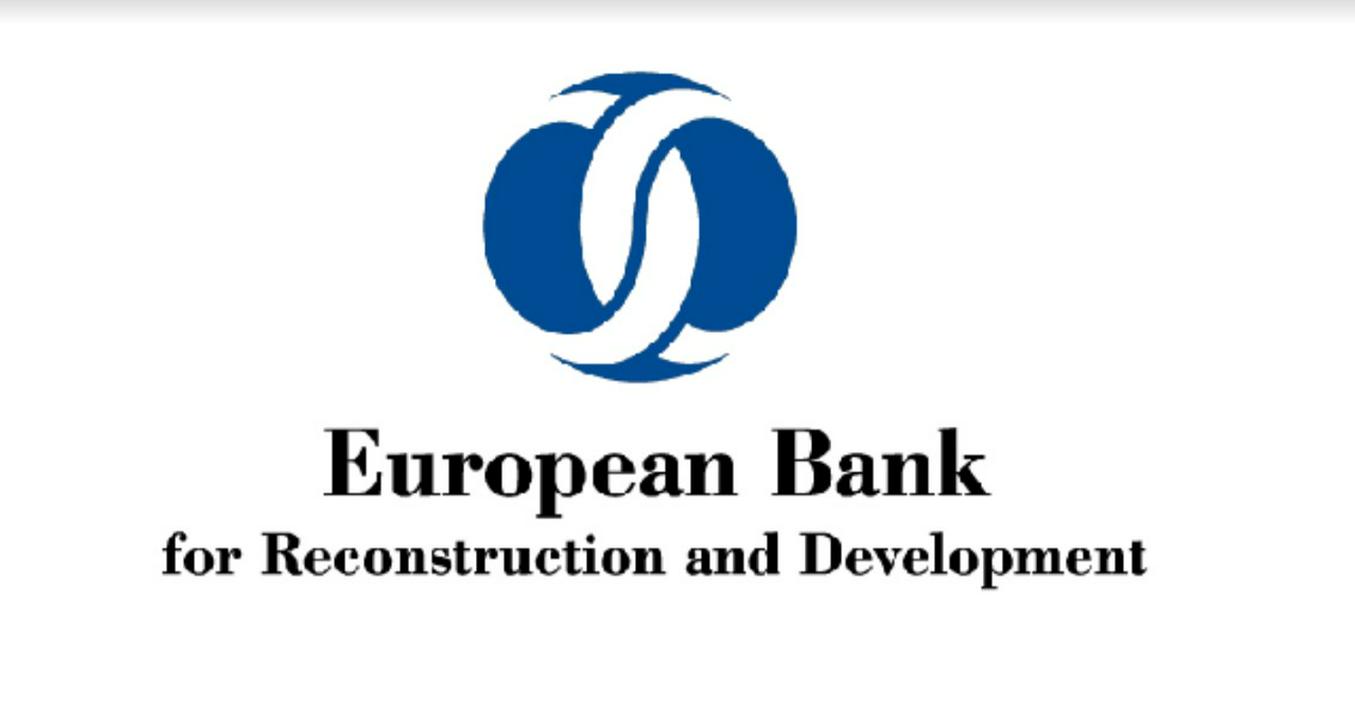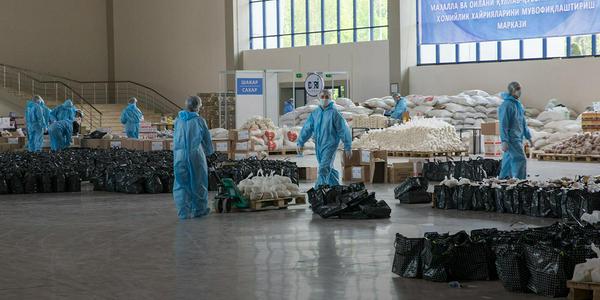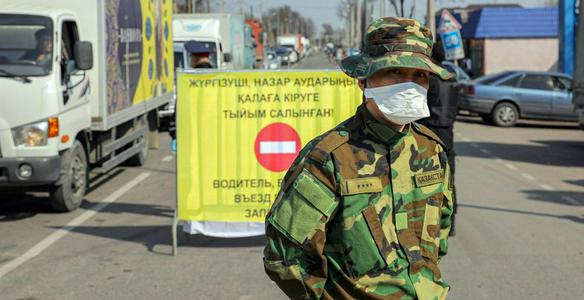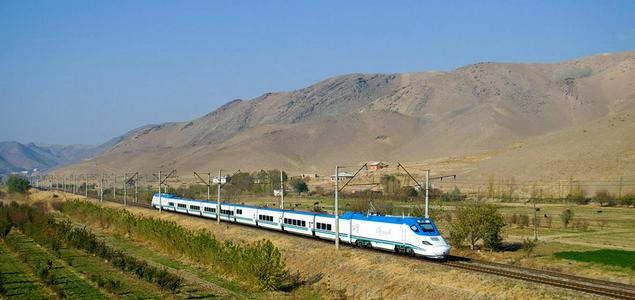The EBRD achieved a new record in Uzbekistan in 2019 with an annual investment of US$ 576 million (€517 million) through 13 private and public sector projects – an all-time high for the Bank in the country. The Bank invested money into key infrastructure projects and expanded its operations by opening a regional office in Andijan in the Fergana Valley, the most densely populated part of Central Asia.
In the power sector, the Bank made its largest investment in Uzbekistan to date, in the form of a €213.8 million sovereign loan for the construction of additional generation capacity at the Talimarjan power plant. Other key infrastructure investments included the Navoi power transmission project (€71.5 million), the Kashkadarya wastewater project (€53.4 million) and the Horezm wastewater project (€80.2 million).
The EBRD continued its policy engagement with the Uzbek authorities to improve the investment climate and contributed to the creation of the Foreign Investors’ Council. Special attention was paid to the support of important reforms in sectors such as renewables, mining and banking. The Bank also worked on the expansion of its local currency lending operations in the country.
The EBRD supported small and medium-sized enterprises (SMEs) through credit lines to local financial institutions (FIs) as well as through direct loans in general manufacturing, where it supported the expansion of Health Line, a leading local manufacturer and trader of disposable medical goods by providing a local currency loan of €8.55 million equivalent.
Tillo Domor, a popular local cheese producer, benefited from the Bank’s funding through a risk sharing facility with HamkorBank. The EBRD promoted international trade to, from, and within Uzbekistan by opening trade finance limits to Asaka Bank, HamkorBank, Ipoteka Bank, the National Bank of Uzbekistan and Uzpromstroybank. To date, the EBRD has invested €1.85 billion through 79 projects in the economy of Uzbekistan.










